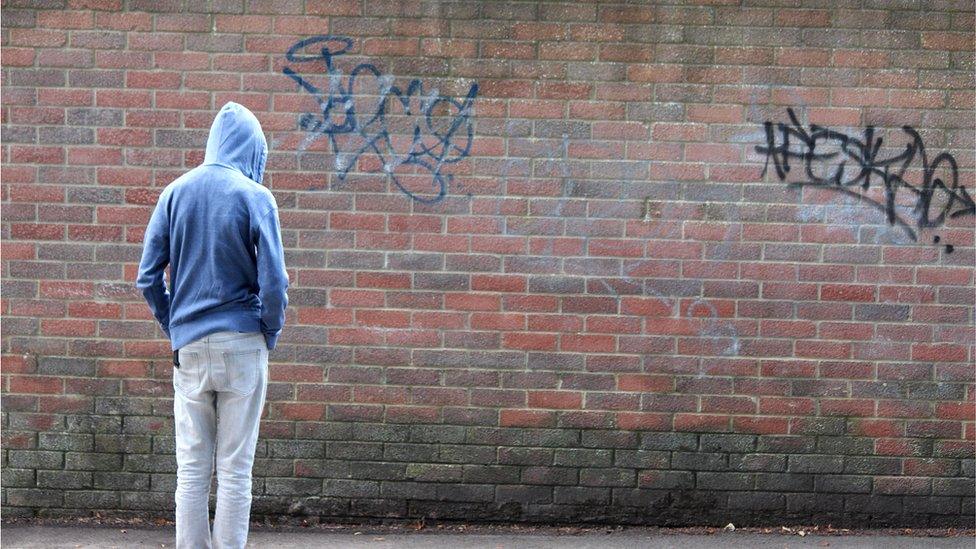Subjective exclusions 'target black students', teacher says
- Published
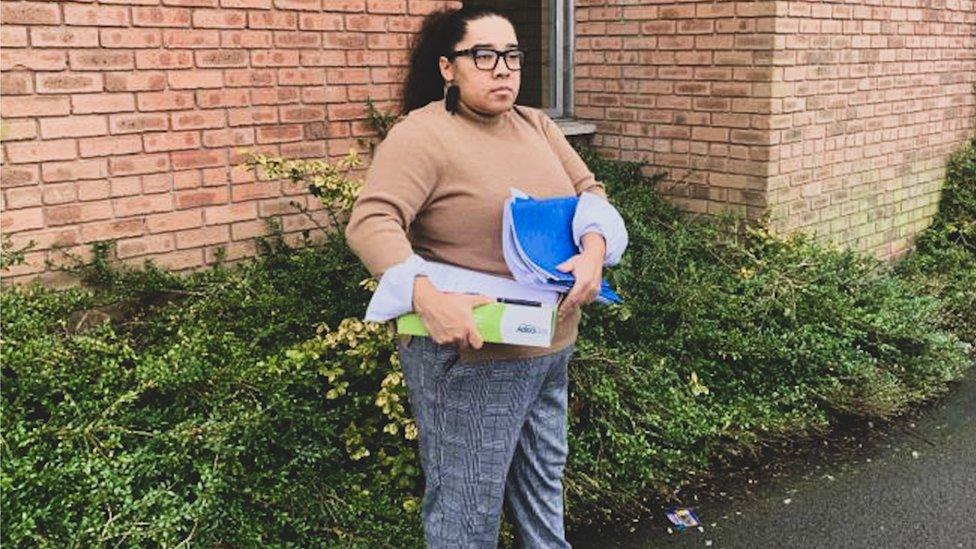
Lana Crosbie said fixed-term exclusions disproportionately affect black students because of "racial bias"
"Subjective" exclusions that affect black students more than others should be abolished, a teacher has said.
Lana Crosbie, who teaches at a school in Bristol, said fixed-term exclusions were disproportionately affecting black students because of "cultural nuances" not picked up by white teachers.
As a result, she set up Bristol No More Exclusions (NME) with teachers joining forces with the national movement., external
A Department for Education spokesperson said exclusions were "a last resort".
Miss Crosbie said she hoped the national NME movement would pressure the government to change exclusion policy and raise awareness of the "racial bias" that leads to exclusions being wrongly used.
In a statement, the government said it would always back teachers to "maintain discipline in the classroom".
"We are taking a range of actions to drive up the quality of alternative provision," it said.
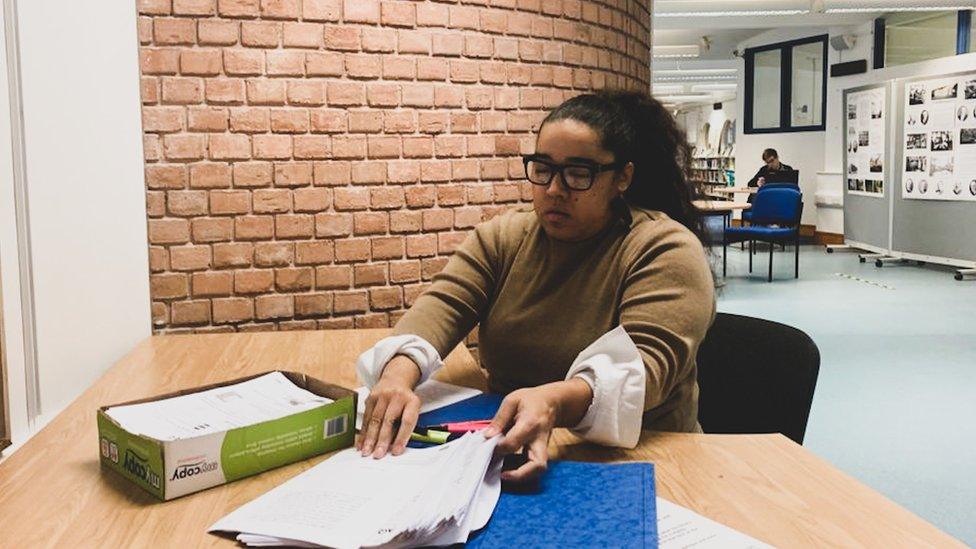
Miss Crosbie said black Caribbean students were being "misunderstood"
However, Miss Crosbie said she felt the government was not doing enough to protect students from "racial bias" when they were excluded.
She said: "I started the group Bristol No More Exclusions out of frustration because black students were going through our hands like water and I can't stand back and watch it happen any more."
According to government statistics from the Department for Education, in Bristol, permanent exclusion rates have been at their lowest. However, fixed-term exclusion rates were some of the highest in the country, external.
In addition, the Timpson review on school exclusion, external, released in May 2019, revealed all exclusions were disproportionately affecting specific ethnic minority groups, including black Caribbean students.
Miss Crosbie said these were the statistics that concerned her the most and said they factually represented instances in which black Caribbean students were being "misunderstood" because of "cultural nuances" not picked up by white European teachers.
"I saw a young black Caribbean girl in a school get excluded for two days for kissing her teeth during an exam whilst another white student during the same exam said an offensive word and tutted and nothing happened to them," she said.
"I challenged the teacher at the time and it was clear it was personal.
"I've seen things like that in schools a thousand times over in around 10 schools during my career as a teacher."
Miss Crosbie said having more black teachers and cultural awareness training would "massively help".
- Published1 January 2020
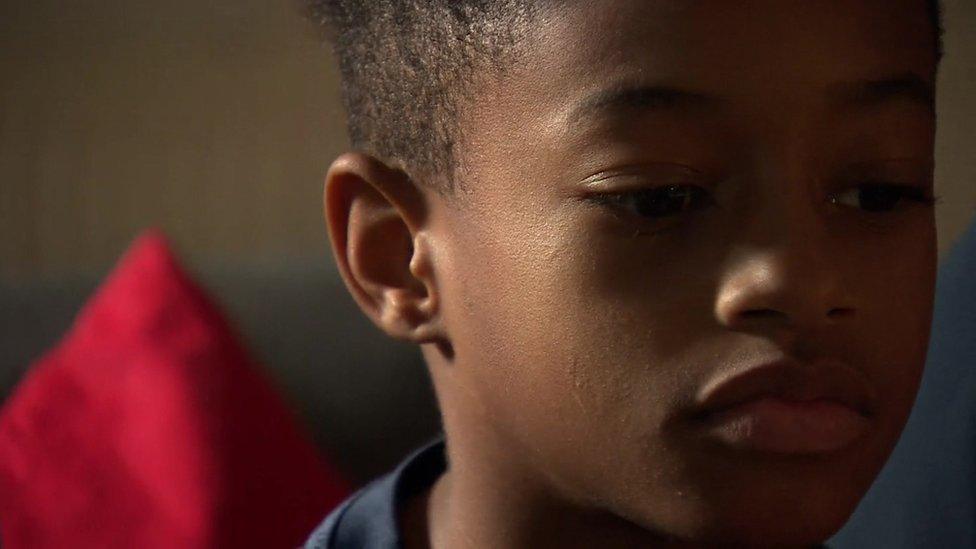
- Published25 October 2019
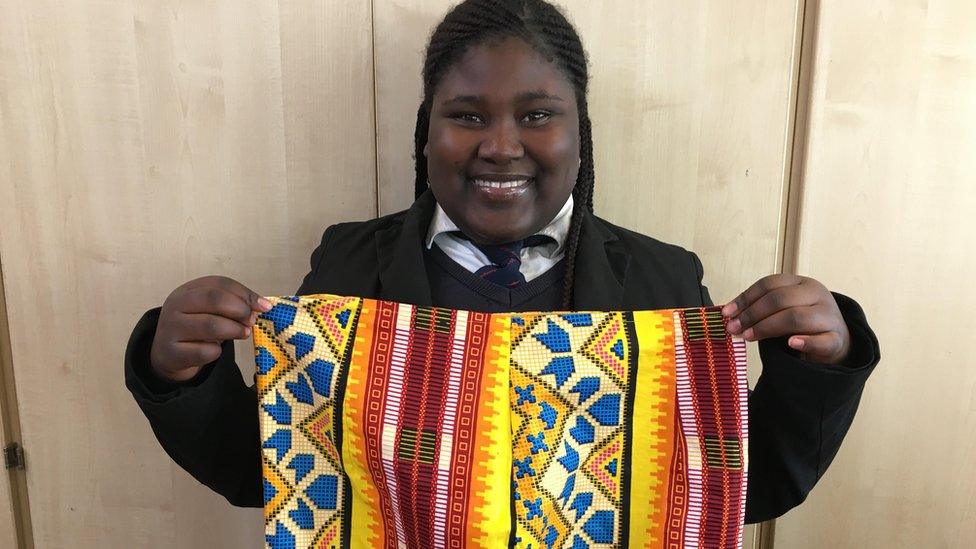
- Published8 March 2019
